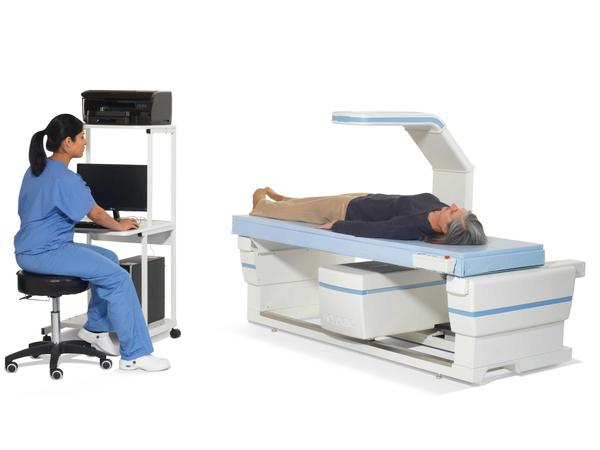A Phase 1b/2 Multisite Dose- and Regimen-finding and Expansion Study of WTX-330 in Adult Patients with Selected Advanced or Metastatic Solid Tumors or Non-Hodgkin Lymphoma
The primary objectives of the dose- and regimen-finding part of this study are the following: To evaluate the safety and tolerability of WTX-330 administered using a fixed dose regimen or a step-up dose regimen To determine the maximum initial dose of WTX-330 that may be used in the step-up dose regimen To determine whether the step-up dose regimen can increase WTX-330 exposure in patients due to improved tolerability To determine the maximum tolerated dose (MTD) of WTX-330 and/or recommended dose for expansion (RDE) for each regimenThe primary objectives of the dose expansion part of this study are the following: To further characterize the safety and tolerability of WTX-330 To evaluate the antitumor activity of WTX-330 as measured by overall response rate (ORR; complete response [CR] + partial response [PR]) by Response Evaluation Criteria in Solid Tumors (RECIST) 1.1, immune ORR (immune-ORR [iORR]; immune CR [iCR] + immune PR [iPR]) by immune RECIST (iRECIST), or Lugano classification (Cheson et al., 2014) for non-Hodgkin lymphoma (NHL)The secondary objectives of WTX-330x2102 (both parts of study) are the following: To characterize the PK profile of WTX-330 (i.e., both parent compound and free IL-12) To characterize the IFNγ profile after treatment with WTX-330 To evaluate changes in immunological biomarkers in blood samples and tumor biopsies at baseline and after administration of WTX-330 To evaluate the antitumor activity of WTX-330 as measured by duration of response (DOR) and progression-free survival (PFS) by RECIST 1.1, iRECIST, or Lugano classification (Cheson et al., 2014) for NHL. To evaluate the immunogenicity of WTX-330 (i.e., the potential to generate an antidrug antibody [ADA] responseThe secondary objectives of WTX-330x2102 (dose expansion only) are the following: To determine the impact of WTX-330 on overall survival (OS)Interested in participating? For more information about this research study or other cancer-related clinical trials at IU Simon Comprehensive Cancer Center, please contact:IU Clinical Trials Office Email: iutrials@iu.edu Phone: (317) 278-5632

